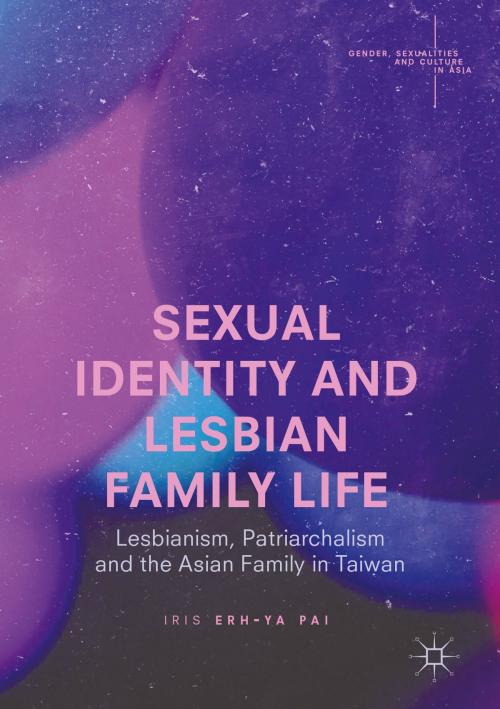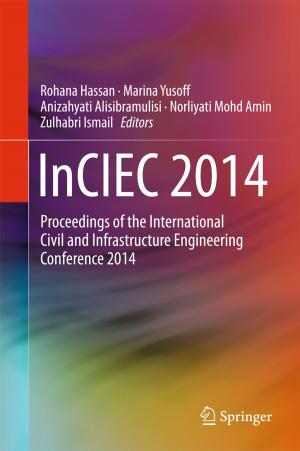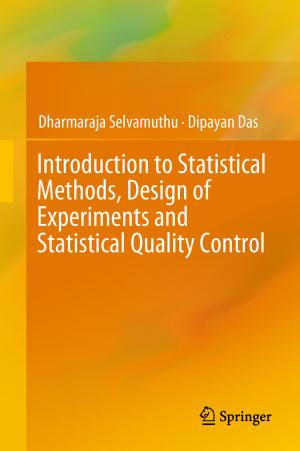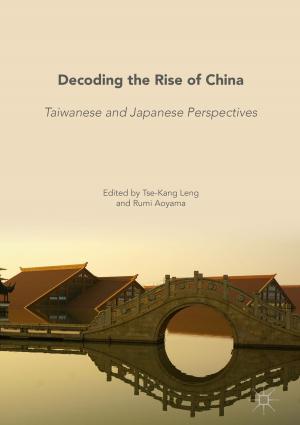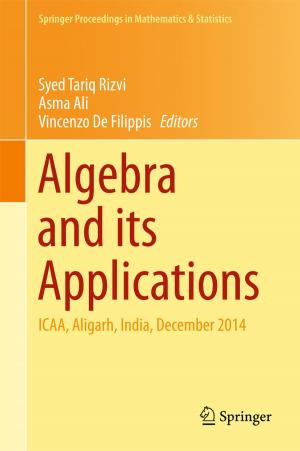Sexual Identity and Lesbian Family Life
Lesbianism, Patriarchalism and the Asian Family in Taiwan
Nonfiction, Social & Cultural Studies, Social Science, Gender Studies, Sociology| Author: | Iris Erh-Ya Pai | ISBN: | 9789811040054 |
| Publisher: | Springer Singapore | Publication: | July 11, 2017 |
| Imprint: | Palgrave Macmillan | Language: | English |
| Author: | Iris Erh-Ya Pai |
| ISBN: | 9789811040054 |
| Publisher: | Springer Singapore |
| Publication: | July 11, 2017 |
| Imprint: | Palgrave Macmillan |
| Language: | English |
This new book illustrates how Taiwanese lesbians negotiate their lives outside patriarchal families, while seeking varying ways to maintain working relationships with their families of origin, as their notion of family distinguishes them from same sex couples in other countries. This ambivalence has a strong influence on their relational decisions as they deal with contradictions between family ties, filial piety and lesbianism.
Based on individual and couple interviews with self-identified lesbian couples in stable relationships, the book offers vivid narratives of different ways in which Taiwanese lesbians have been able to make sense of their families without recognition by legislation or their families of origin.
Specific issues in Taiwan raised in the book challenge the taken-for-granted understandings of same-sex relationships and review the dramatic transformations that have profoundly changed womens' position. It also offers a sensitive analysis of GLBT issues and heteronormativity, arguing that Chinese familialism can cohabite with lesbianism in the context of contemporary Taiwan.
This new book illustrates how Taiwanese lesbians negotiate their lives outside patriarchal families, while seeking varying ways to maintain working relationships with their families of origin, as their notion of family distinguishes them from same sex couples in other countries. This ambivalence has a strong influence on their relational decisions as they deal with contradictions between family ties, filial piety and lesbianism.
Based on individual and couple interviews with self-identified lesbian couples in stable relationships, the book offers vivid narratives of different ways in which Taiwanese lesbians have been able to make sense of their families without recognition by legislation or their families of origin.
Specific issues in Taiwan raised in the book challenge the taken-for-granted understandings of same-sex relationships and review the dramatic transformations that have profoundly changed womens' position. It also offers a sensitive analysis of GLBT issues and heteronormativity, arguing that Chinese familialism can cohabite with lesbianism in the context of contemporary Taiwan.
